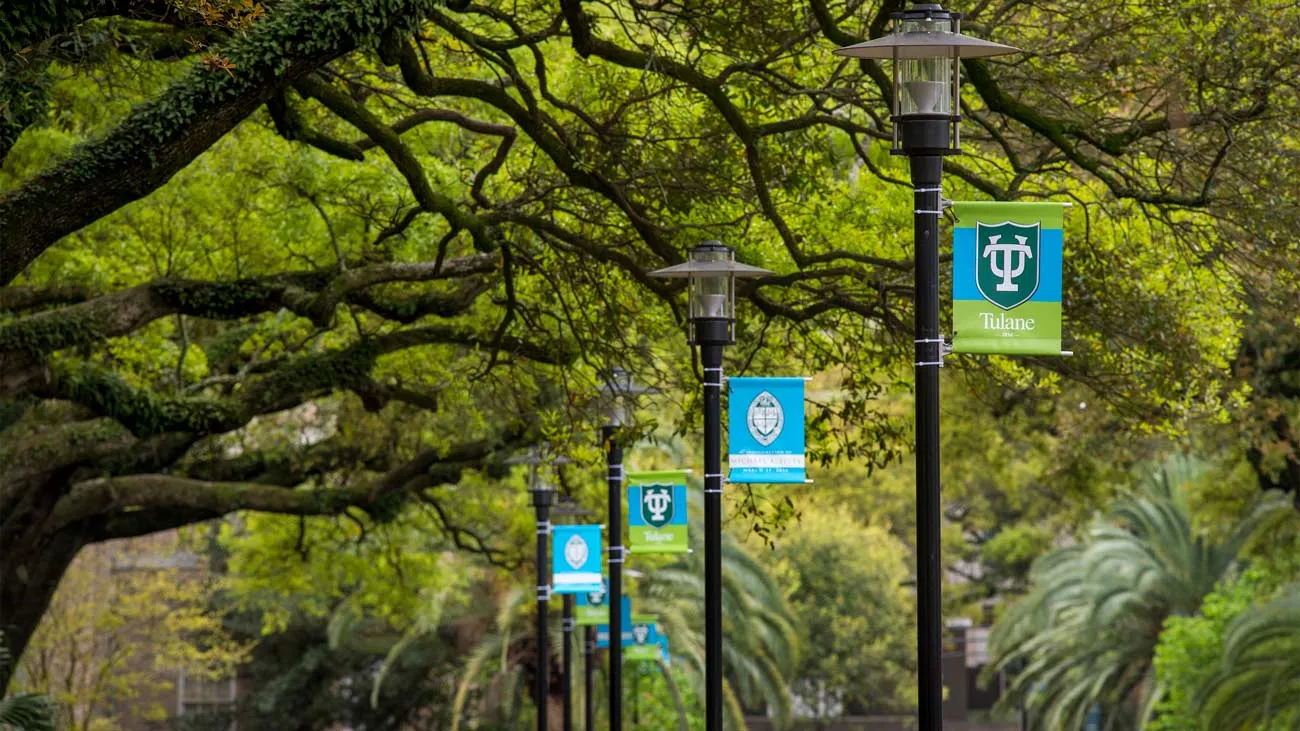Program Director Brian Brox
The Summer Minor in U.S. Public Policy gives students a strong foundation for graduate school in public policy or a career in government and politics at the local, state, or national level.
Explore criminal justice policy, social media regulation, and the Research Shop, where you’ll engage with local public policy issues at City Hall.
Students will complete relevant coursework and participate in service-learning that together provide them with tools in the analysis of policy, knowledge in substantive policy areas, and experience in local government. Students completing the minor will fulfill one of Tulane’s service-learning graduation requirements.
Minor Requirements
Current and complete U.S. Public Policy requirements and a list of all course descriptions can be found in the Tulane University Catalog.
The minor in U.S. Public Policy requires 5 courses/15 hours, including:
- ECON 1010 Introduction to Microeconomics (Can be taken prior to or subsequent to the summer program.)
- POLA 3240 Public Policy (Should be taken prior to or as part of the summer program. )
- POLA 4110 Policy Research Shop (This class creates a partnership between city goverment and Tulane students in order to address issues of concern to the city and to increase students' civic engagement. In this course, the professor solicits policy topics from local elected and appointed officials and bureaucrats and their students write policy briefs on these issue areas. In exchange for the policy brief, policy sponsors agree to allow the students to present their findings at an official forum, such as city council meeting. Students will spend 20 hours during the program working on research for an office in City Hall as part of a required 20-hour service learning element.)
- + 2 Electives
- Elective 1 Must be taken during summer session
- Elective 2 Can be taken during the summer session. If it is not taken during the summer, the director of the program must approve that the course will count toward the minor.
Summer Program 2025 Course Offerings
Register today! Current Tulane students can enroll now. Non-Tulane visiting undergraduates can apply now.
Summer 2025 Academic Calendar: https://summerschool.tulane.edu/summer-school/calendar
For any questions or additional information about School of Liberal Arts Summer Programs, please email kpaige@tulane.edu.
Important Policies
Pre-Requisites: There are no prerequisites for the courses during the summer. All courses are open to any student of any major. Prerequisites may be in place during the fall and spring semesters.
Minimum Grades: Students must achieve a C average (2.0) across all required coursework. Students cannot take courses in the program as S/U.
Non-minor Participation in Program: Courses are open to all students but declared minors will have priority registration.
Double-Counting: According to SLA policy, students must have 27 credits in each major that do not also count toward a minor. No courses may overlap between minors.
For Policymakers
Each summer we have students who complete a minor in public policy. To complete the minor, students take an introductory course on public policy, a course on microeconomics, a methods course for public policy research, and two electives on specific areas of public policymaking in the United States.
As part of the policy research methods course, students are required to complete a policy research analysis project on behalf of local government. This project would result in free policy research for your office. Essentially, you provide a research project for our students, meet with them at the beginning of the summer to brief them and answer initial questions, and meet again at the end of the course to receive their written brief and oral presentation.
If your office has any policy research needs that could be fulfilled (for free) by Tulane public policy students, please reach out or learn more about this program in our FAQ.


